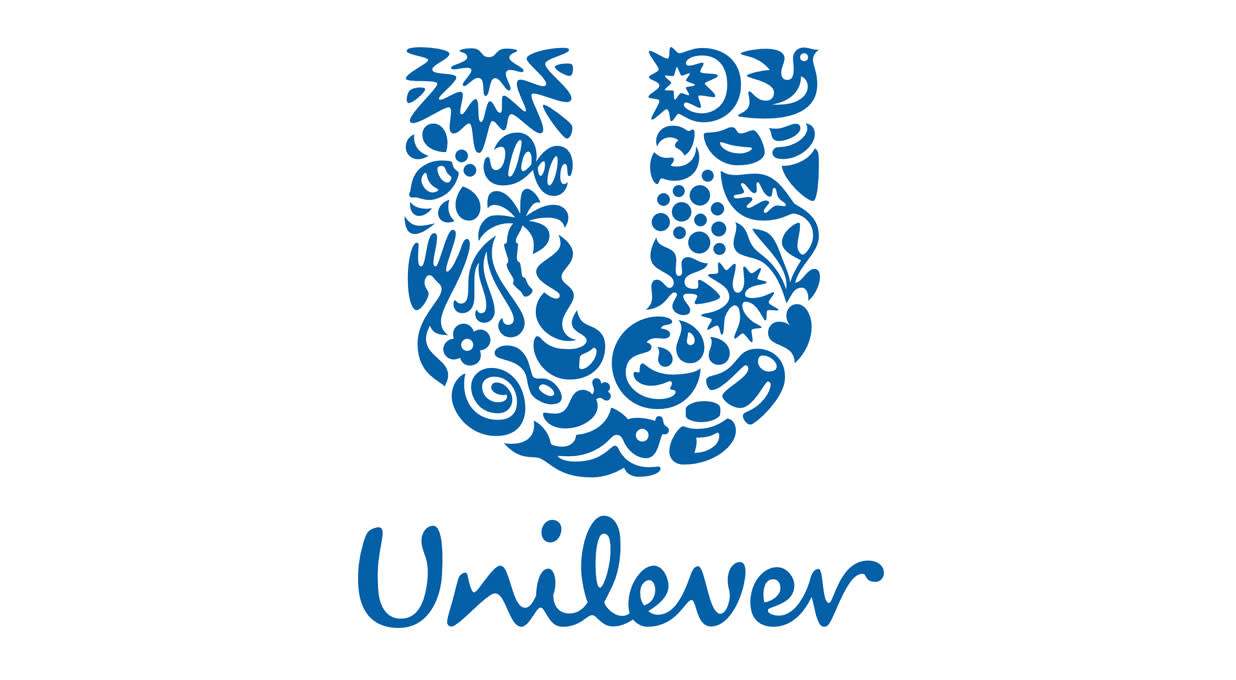Unilever reported third-quarter revenue of €15.2bn, reflecting underlying sales growth of 4.5%, which was ahead of market expectations. This was driven by 3.6% higher volumes and a 0.9% contribution from price increases.
The group’s largest brands drove performance, led by Dove, Liquid I.V, Comfort and Magnum. All business divisions reported underlying sales growth, with the Ice Cream division growing at the fastest pace, up 9.8%.
Full-year underlying sales growth expectations have been maintained at 3-5%. Underlying operating margins are still expected to be in excess of 18%.
The quarterly dividend of €0.4396 was raised by 3%. A share buyback programme of up to €800mn began in September and is expected to complete in December 2024.
The shares rose 2.2% in early trading.
Our view
Unilever is slowly getting investors back on side. Third quarter results marked the fourth quarter in a row of volume growth, after a multi-year period of declines. Credit where its due, the refreshed management team is executing well.
We support the group’s sharper focus, which is concentrated on doing fewer things but doing them better. That means the plan to spin off its Ice Cream business and cut costs over the next few years is at the top of the agenda, and so far, we’re impressed with the pace of progress.
This move makes sense to us. The Ice Cream business always looked like the odd one out compared to other product lines, and it’s been struggling for growth.
Protecting the quality of Unilever's brands is the number one priority, and that comes at a heavy cost. Brand and marketing investment now stands at 15.1% of revenue and increased spend is expected to continue. That's all part and parcel with the Group's strategy of locking in long-term customers with well-known, trusted, brands.
The key driver of growth moving forward is the group’s so-called Power Brands. These are a collection of 30 brands such as, Dove, Domestos and Hellmann’s, which account for around 75% of total sales. These power brands are delivering growth above the group average. We expect that trend to continue and for future investment to be focused here.
There are specific pockets where improvement's needed. The number of products winning market share remained broadly flat at 37% on a rolling 12-month basis last we heard. Some slowdown was to be expected as lower-margin products are being removed and consumers are favouring price areas that Unilever doesn't want to operate in. The expectation is for that to push back toward 50% over the medium term, and with volumes growing faster than the market in the most recent quarter, it does look like share improved.
The 3.4% prospective forward dividend yield and ongoing buyback are currently supported by strong free cash flow and a robust balance sheet. Dependability is an attraction, and we don't see too much upsetting the apple cart here. But, as ever, potential returns can't be relied on.
All in, there are very clear signs that the new management team are making progress and Unilever remains a quality business with attractive fundamentals. If it can deliver on planned cost cuts and spin-off Ice Cream without causing too much damage, then achieving mid-single-digit sales growth is on the cards. The valuation isn’t too demanding, but this turnaround is still in its early days and there are no guarantees.
Unilever key facts
All ratios are sourced from Refinitiv, based on previous day’s closing values. Please remember yields are variable and not a reliable indicator of future income. Keep in mind key figures shouldn’t be looked at on their own – it’s important to understand the big picture.
This article is not advice or a recommendation to buy, sell or hold any investment.No view is given on the present or future value or price of any investment, and investors should form their own view on any proposed investment.This article has not been prepared in accordance with legal requirements designed to promote the independence of investment research and is considered a marketing communication.Non - independent research is not subject to FCA rules prohibiting dealing ahead of research, however HL has put controls in place(including dealing restrictions, physical and information barriers) to manage potential conflicts of interest presented by such dealing.Please see our full non - independent research disclosure for more information.


